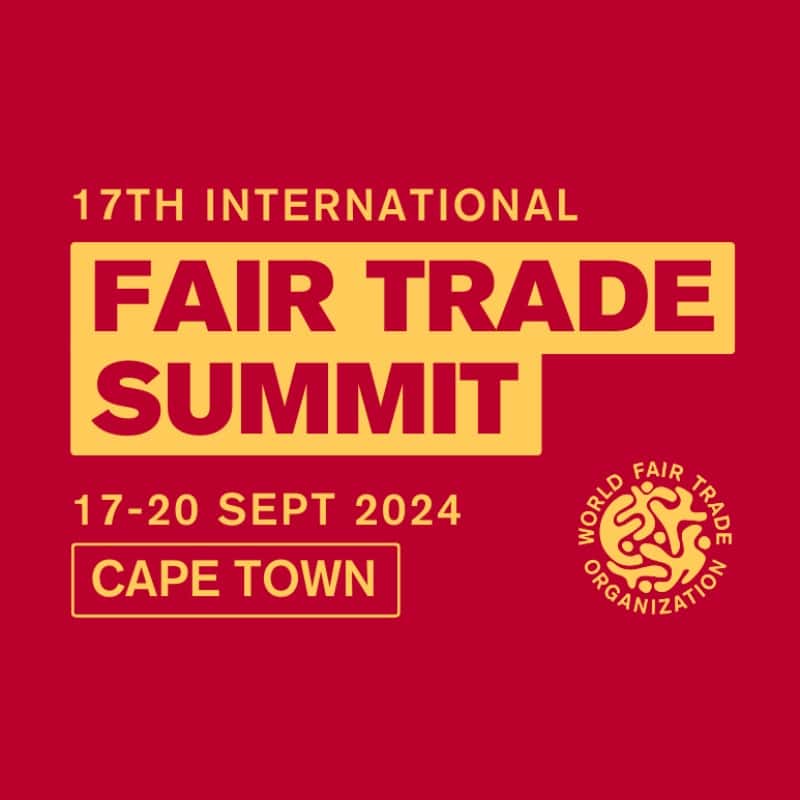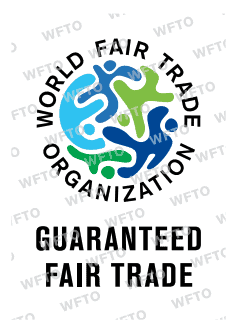Fair Trade Enterprises For The New Economy, Interview With Wfto President Roopa Mehta
Fair Trade movement is a model for change.
In this interview, WFTO President Roopa Mehta shares her insights on the role of WFTO in promoting business models that tackle not only the widening gap of global inequality, but also the clear and present danger of climate change and environmental degradation.
Everything the Fair Trade movement does lives by the definition of sustainable development as “development that meets the needs of the present without compromising the ability of future generations to meet their own needs.”
The World Fair Trade Organization (WFTO), as a global community of Fair Trade Enterprises, advocates for a post-growth, sufficiency-focused economy that puts people and planet at the heart. This is our recipe to bring about transformational change in our economic system.
In celebrating the anniversary of the adoption of the Fair Trade Charter and the UN Agenda 2030, we are highlighting Fair Trade movement as an instrument in building Sustainable Development.
The Fair Trade Charter and the Sustainable Development Goals (SDGs) are deep in the heart of our business. They are our instruments in creating an economy that leaves no one behind and works within our limited planetary resources.
The Fair Trade movement strives to scale up the impact of Fair Trade together with allies, partners, advocates and actors of the new economy. Backed by consumers, Fair Trade Enterprises grow across the globe. The Fair Trade Charter serves us as the guiding framework in trading and business to realise the sustainable development goals.
Fair Trade Enterprises embody an innovative and forward-looking blueprint of how business should be done. Their business models are tangible examples that the gains of economic pursuits can be fairly shared, while taking care of our natural resources. They have shown ethical business norms that conventional business can learn from.
Share This Post
Tags
Contact
- Parallelweg West 9A, 4104 AX Culemborg, The Netherlands
- +31649086439
- info@wfto.com
If you want to contact any of our staff members (not Board) please write to the First Name (ex: Paul)@wfto.com
© 2024 World Fair Trade Organization. All Rights Reserved.

